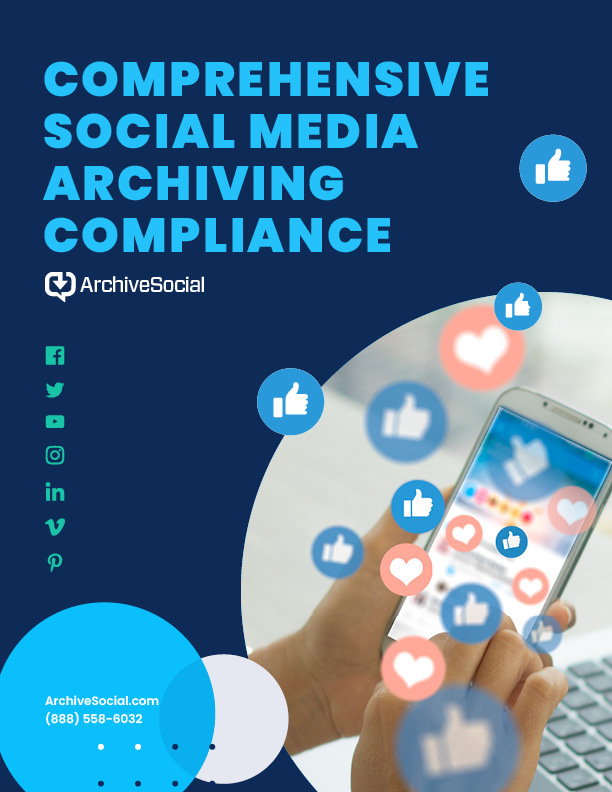In addition to the external government social media policy that we highlighted earlier this week, it is equally important for public sector organizations to establish an internal employee-use policy for social media.
The policy should include 3 elements:
- Guidelines for personal versus professional use,
- A mechanism for an agency to approve and register social media sites, and
- The ability for oversite and enforcement.
Personal vs. Professional Use
Any employee-use policy must differentiate between personal and professional social media usage, and explain how the rules apply to each.
GSA’s Social Media Navigator does a great job of outlining what “official use” means:
When you join Facebook, Twitter and other social sites, you do so with different responsibilities. When representing the agency, you’re speaking in an “official” voice and have been authorized to speak for the agency. If you have your own Facebook and Twitter sites, you’re speaking in a “personal” voice” with your own views and opinions.
The difference between official use and personal use of social media is this:
Personal use: You can do anything that’s not illegal.
Official Use: You can do what you’re authorized to do.”
Approval and Registration of Social Media Sites
A fundamental component of the employee-use policy is the section describing approval and registration of social media sites.
Remember: this does not mean that a public affairs office should approve every post. But the person in charge of social media should approve the actual social media profile. In other words, an agency’s facebook page should be approved, but not every single post written by the agency.
Why would an agency need to do this, you ask? It’s actually a way for public affairs to accomplish several goals at once: to ensure brand consistency, to provide training, and to ensure that each social networking profile serves a distinct and meaningful purpose.
But wait! There’s a bonus. The approval process provides a natural entry point for populating and maintaining a registry of the organization’s social media profiles.
Oversight and Enforcement
Finally, the employee-use policy should establish rules regarding oversight and enforcement. A social media profile created for professional purposes ultimately belongs to the organization, and not the individual employee.
Responsible parties in the organization, ranging from public affairs to legal, must have the right to monitor and enforce actions on a profile when necessary.


